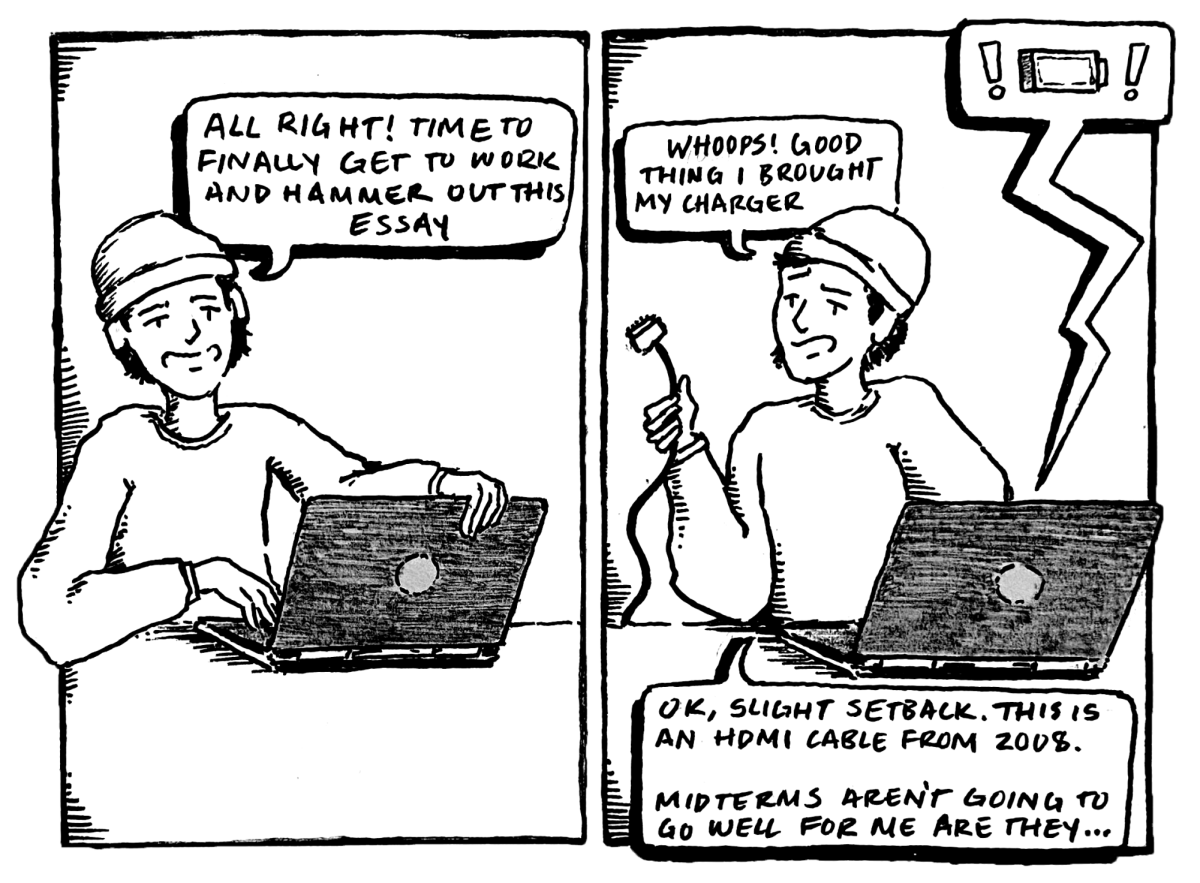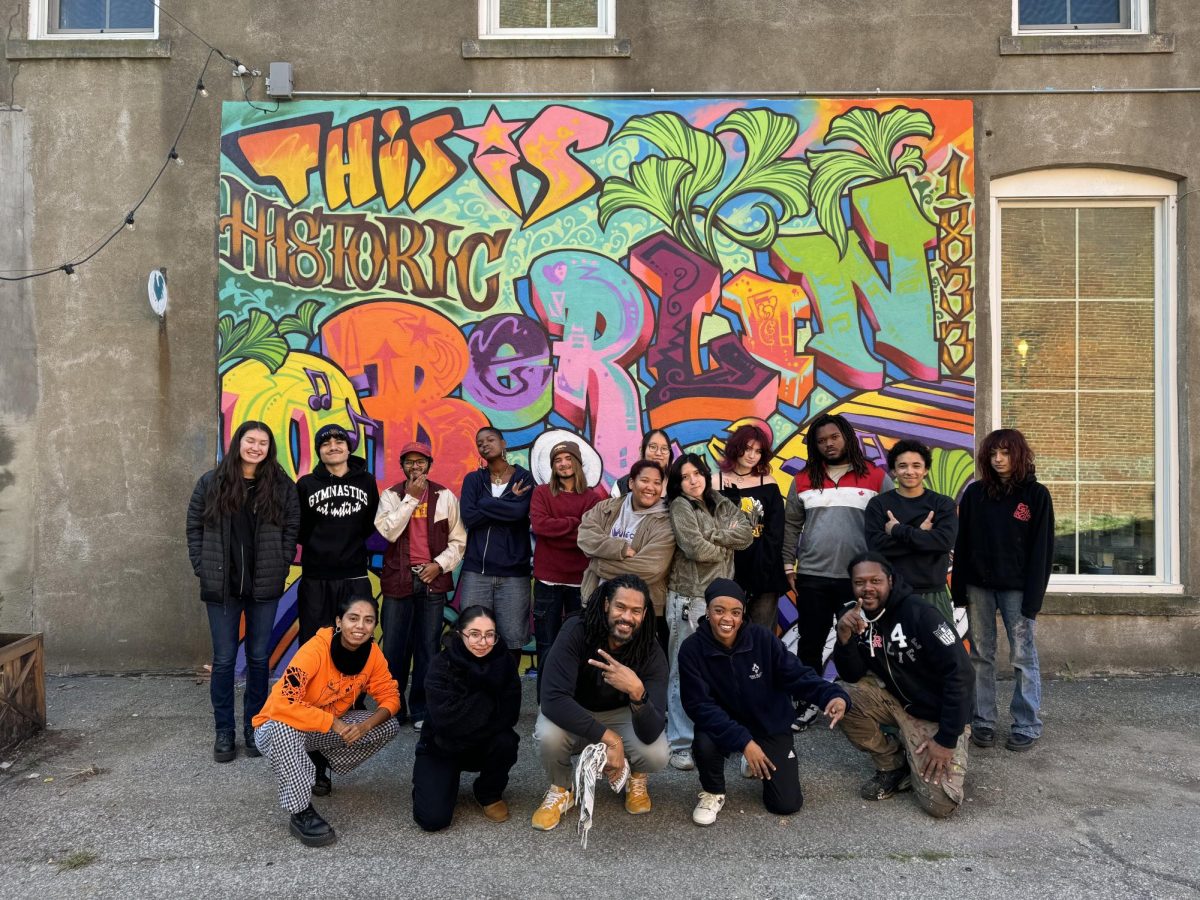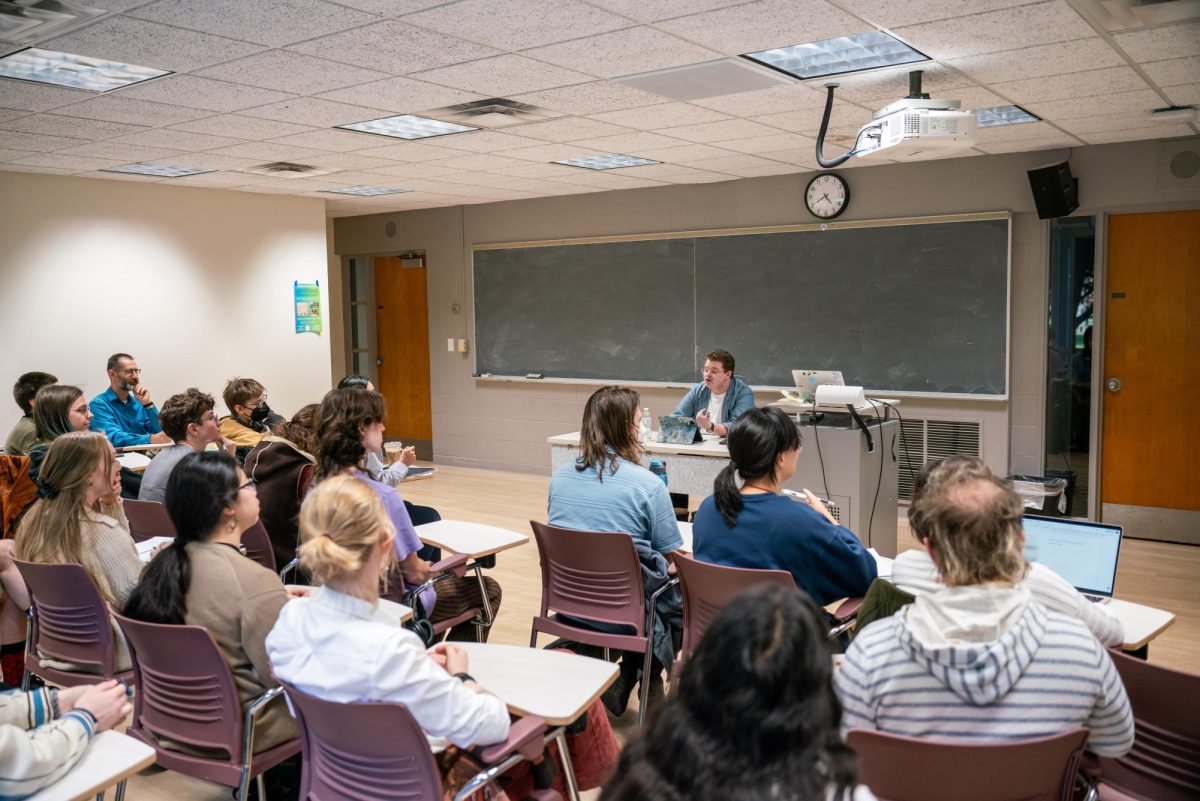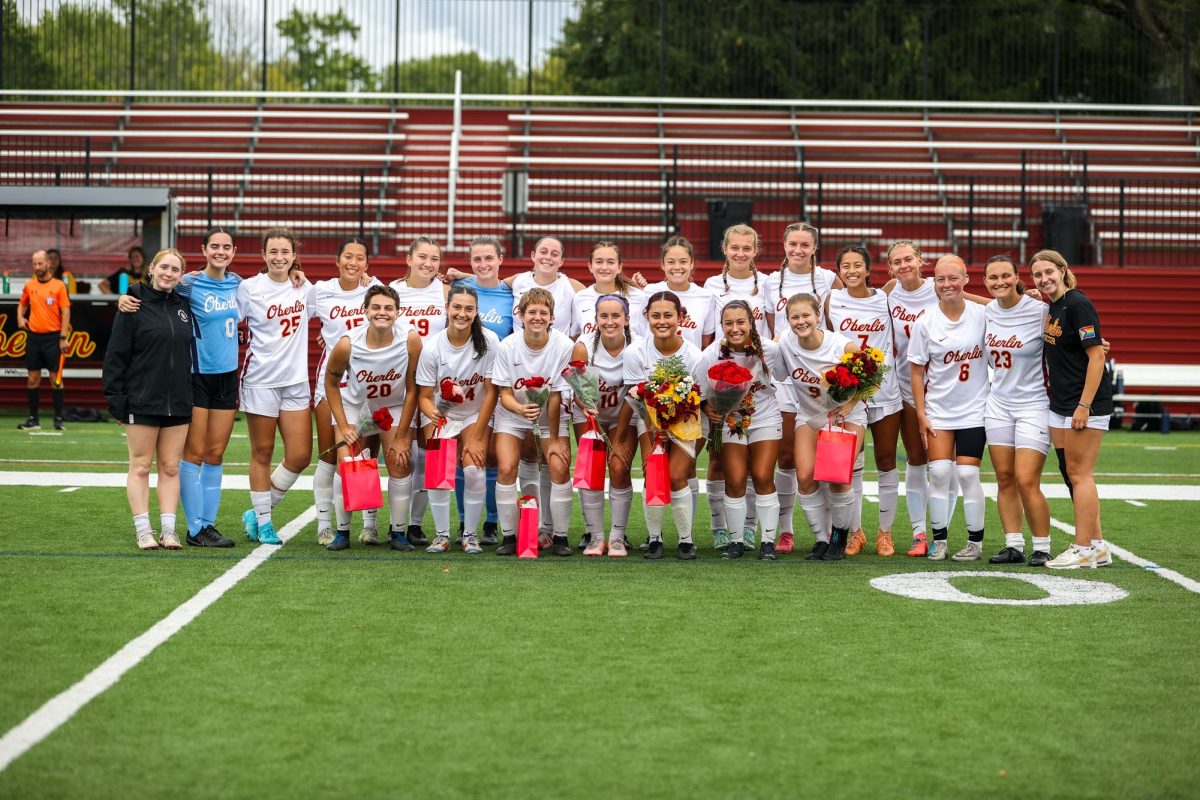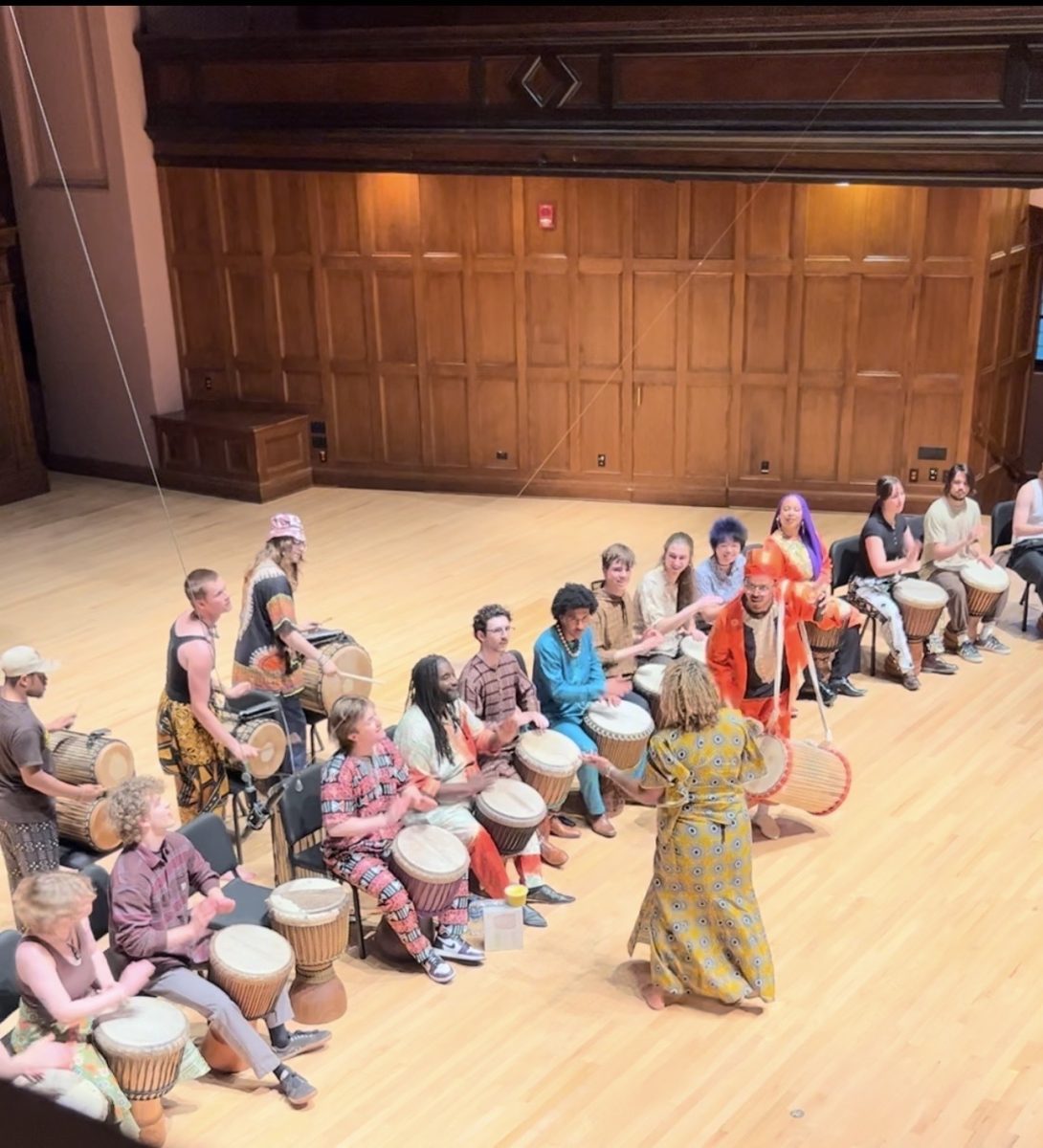Endorsing the Enemy?
February 25, 2011
A question frequently posed in the days leading up to Karl Rove’s visit last semester resurfaced this week when Sergeant Benjamin Anthony, a supporter of the Israeli army, visited campus: Is it proper for our College to give a voice to speakers with whom many members of the student body do not agree?
Oberlin has faced this issue with past speakers; some of us remember the controversy surrounding former House Speaker and Republican leader Newt Gingrich’s speech in September 2008, as well as the student protests during the talk by Richard Lindzen, an MIT Professor of Meterology and well known critic of global warming. Fox News contributor Michelle Malkin, OC ’92, also visited campus several years ago as part of the Ronald Reagan Politicalness Lectureship Series and recieved a luke-warm welcome due to her defense of Japanese internment during World War II.
Of course, as an intellectually inclined school, most of our students would readily admit that free speech is a good thing and that censorship is bad. So when a controversial speaker comes to campus, we can, ideally, appreciate the reactions and discourse it can create.
If we bring in individuals with controversial viewpoints to speak at our college, however, are we implicitly promoting what they have to say? Depending on the speaker, the College — and therefore the student body — pays for his or her flights, meals, hotel bill and lecture fees. So why should students give their money to those who spark controversy? Even in the case of Karl Rove, whose speaking fees were paid in full by an endowment to the Oberlin College Republicans and Libertarians, College administrators still hosted, dined with and listened to the speaker.
Are we inadvertently perpetuating the spread of ideas that many Oberlin students would rather not be spread? As an academic community professing to be open-minded, where should we draw the line? Should we draw a line? Should we practice what we preach, or avoid the issue altogether?
We encourage people to engage in these discussions within the pages of our Commentary section. Dialogue is essential to any academic community, and we are glad to provide the ink and paper that facilitates it. We’ve often been criticized for printing unpopular or particularly strong opinions, but it necessary that we continue to do so. We hold that to be one of our most important roles both within Oberlin College and among the larger Oberlin community.
We must consider, however, that many of us who claim open-mindedness are quite unwilling to change our opinions on controversial subjects. Many Oberlin students have been incubated for roughly 18 years of our life in our families’ cushy liberalism. On the other hand, some students come to Oberlin to rebel against either their upbringing or the nearly unanimous views of those around them.
Still, in contrast to the college cliché, most of us don’t arrive ready for our minds to be opened. A serious lack of ideological heterogeneity isn’t new to Oberlin, but it may have become endemic.
The Oberlin Review encourages open debate and vocal criticism — we hope that students feel comfortable voicing both their support for, as well as their opposition to, individuals who come to speak on campus.
When any speaker or event comes to Oberlin, students, professors and the administration should appreciate and welcome vocal support, as well as be able to turn their backs in protest. Most importantly, Oberlin should be a place where students feel comfortable and encouraged to express their political and personal convictions without fear of censorship.
Unfortunately, this may sometimes come at the cost of sending out tuition dollars to people we’d rather not sponsor.
This article was updated March 4 to reflect the final print version of the story published February 25.








